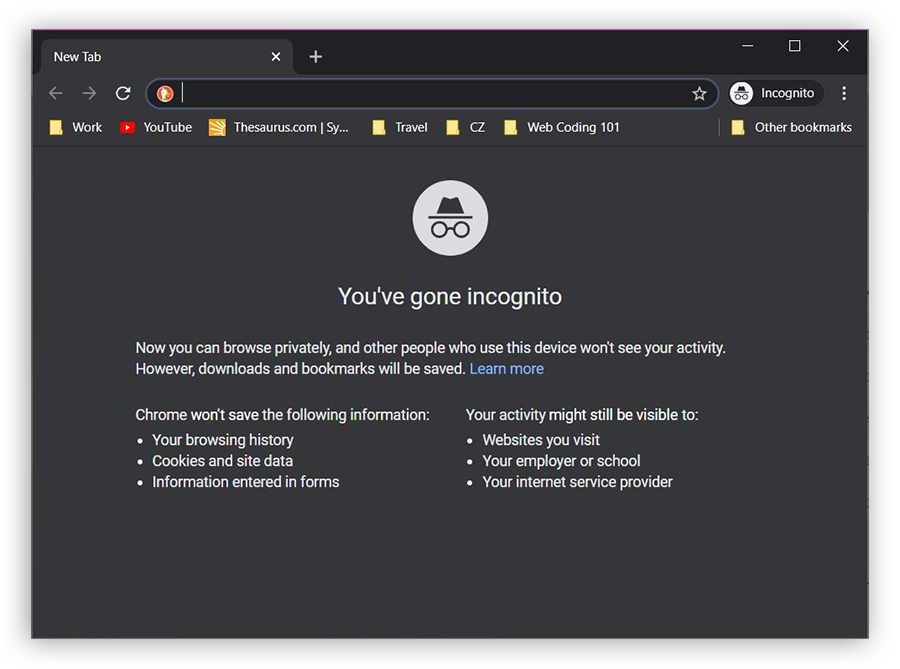I don’t use chrome but this is a whole lot of nothing. It’s basically saying if you save a file or an article to your reading list it’ll still be there…and that remote websites will still stuff your face with cookies and try to track you…but it’s not like they’re giving you a special chrome cookie to link your private and non private browsing. Server side tracking never goes away, not even with Firefox.
Anyways, who cares. Delete chrome and start using Firefox. But again, make sure you delete the files you download in incognito or they’ll still be there. And your ISP can still see which domains you’re going to if you use them as your DNS.
